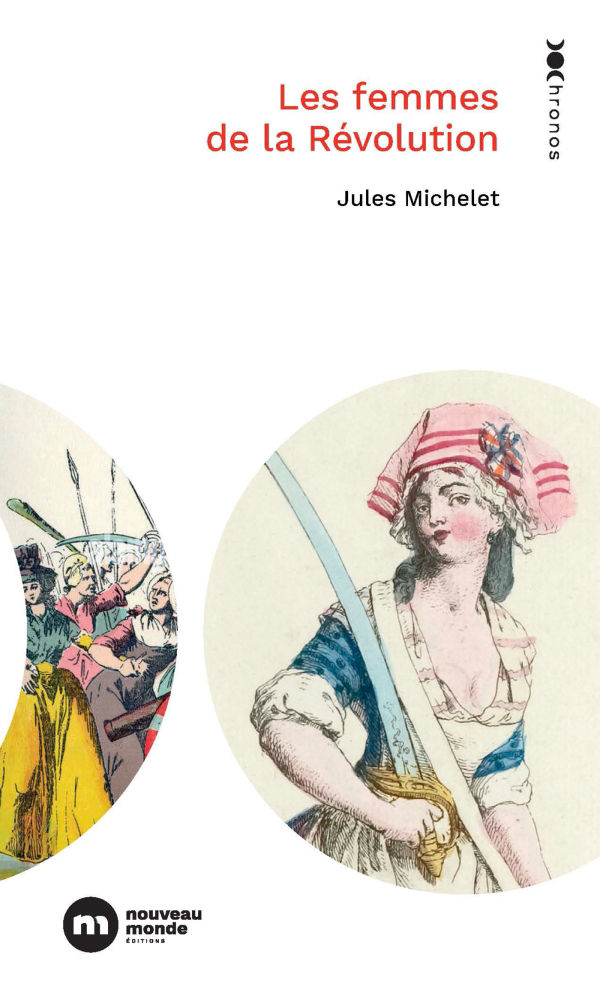We have never talked so much about Iran and yet the mystery remains. The Islamic revolution of 1979 is a much more important date than all the events linked to Islamism since, September 11, 2001 inclusive. It alone has set up a model which has not given up on any of its ambitions and finds in the growing disorder of its regional environment the conditions for further expansion. The occasional crises that make headlines - support for terrorism, nuclear program today - however, take us away from the only question that matters, that of the nature and the ends pursued by the Islamic regime. It is clear that, since 1979, nothing has been done to call it into question. The university, in its majority as complacent towards it as it was thirty years ago towards Maoism, demands the mastery of the official version of history: the Islamic revolution would answer more or less to the expectation of the Iranians. In the eyes of Ramine Kamrane and Frédéric Tellier, nothing is further from the truth. Despite its specificities, the Islamic system is in the grip of a totalitarianism which must be considered in the wake of its first two waves, Nazi and Soviet. The totalitarian fact is not dead. We are its contemporaries. The anti-totalitarian thought that we believed to be put away with its object is indeed the only one capable of helping us to unravel this almost thirty-year-old "Islamist mystery" and still entire.
To include the Iranian question in the genealogy of the totalitarian fact amounts to underlining that the current situation in Iran is not inevitable. The rupture, which will come from the depths of Iranian society, threatens the regime.
Iran: behind the scenes of totalitarianism
Frédéric Tellier
Ramine kamrane
Brooch: 229 pages
Editor : Climates (January 17, 2007)
Collection : NON FIC CLIMATES
Tongue : French
ISBN-10: 2081200554
ISBN-13: 978-2081200555





















